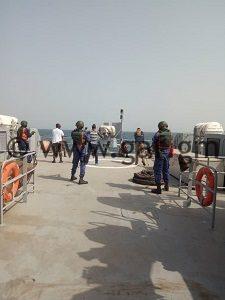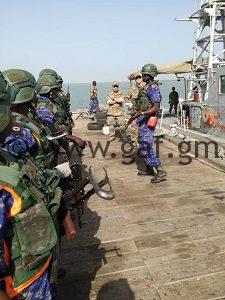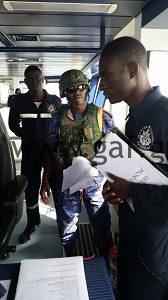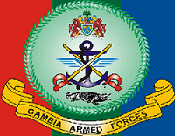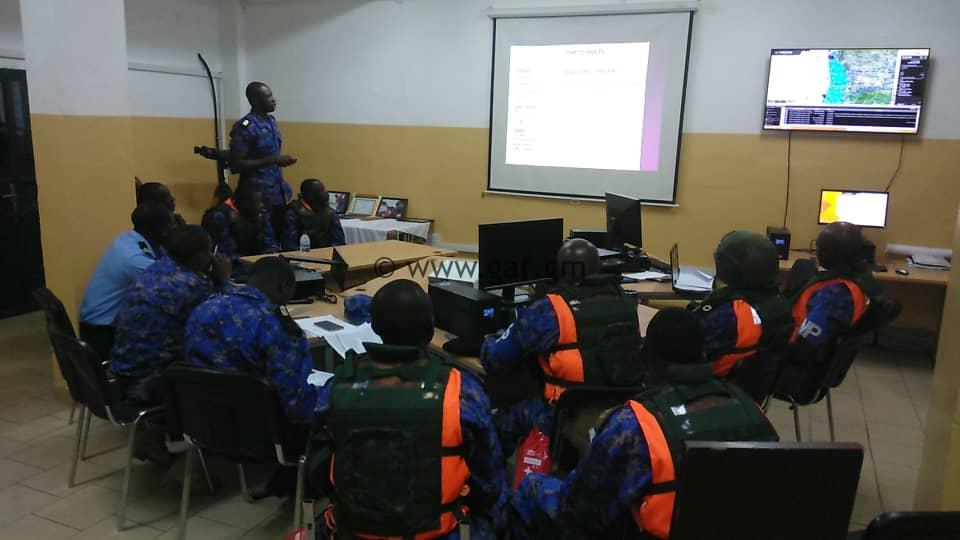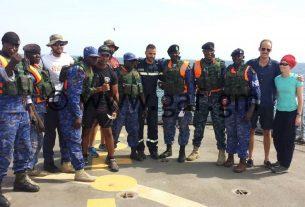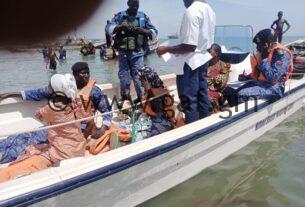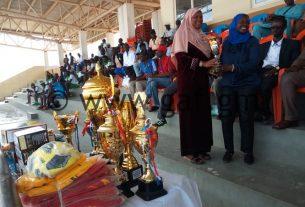OBANGAME EXPRESS is a decentralized Minimum Equipment Serviceability List (MESL) driven exercise, incorporating each of the five maritime zones defined by the Yaoundé Code of Conduct. The Exercise is a United States annually sponsored event, planned and executed within Central and West African waters, involving African Navies and Coast Guard Forces. The US military and some partner European nations also provide support vessels and training teams to assist. 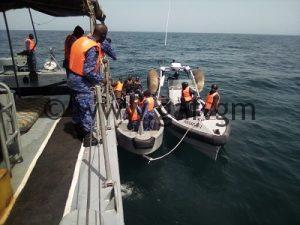
The naval exercise draws a host of maritime stakeholders in the Gulf of Guinea together to train, coordinate and practice maritime response to illicit, safety and security issues. This year’s events which took place from 11 to 22 April 2019 is recorded to be the most extensive and widely represented in its history – nine years ago.
At least, 33 countries were represented, 95 ships, 12 aircraft and 2500 personnel involved in 85 exercise events. Among this strength of naval forces, Gambia Navy deployed 2 patrol vessels, and 40 personnel to serve as boat crew, boarding teams, liaison officers, maritime operation center operators and Exercise Control Group member operating within Cape Verde, Senegal, The Gambia and Nigerian maritime domains. Despite young and small navy, our involvement and input was greatly embraced. 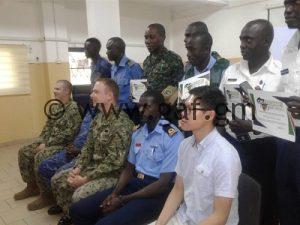
In spite having less training opportunities compared to other navies in the sub-region, the execution of the various scenarios by our boarding teams and crew was remarked as outstanding by the international partners, particularly the US Coast Guard team that was sent to embark on our patrol vessels to assess our boarding teams. The scenarios executed were such as combating narcotics trafficking, small arms smuggling, piracy, Illegal, Unreported and Unregulated (IUU) fishing, human trafficking, hijacking, illegal migration, and conducting Search and Rescue (SAR).
Thus the scenario events executed at sea characterized a response mechanism that exposed the sailors to a more active and challenging task and keeping them longer away from shore. This was good training for some of the new sailors and “nerve-testing” their sense of response to challenges in the maritime domain. Among those challenges include the performance of our platforms and communication equipment far off shore. This has given a clear indication to the international sponsors and home authorities that there is need to facilitate a wider approach to bringing about greater strength and capacity for the Gambia Navy – a process that should continue to be realized in subsequent multinational maritime events.
